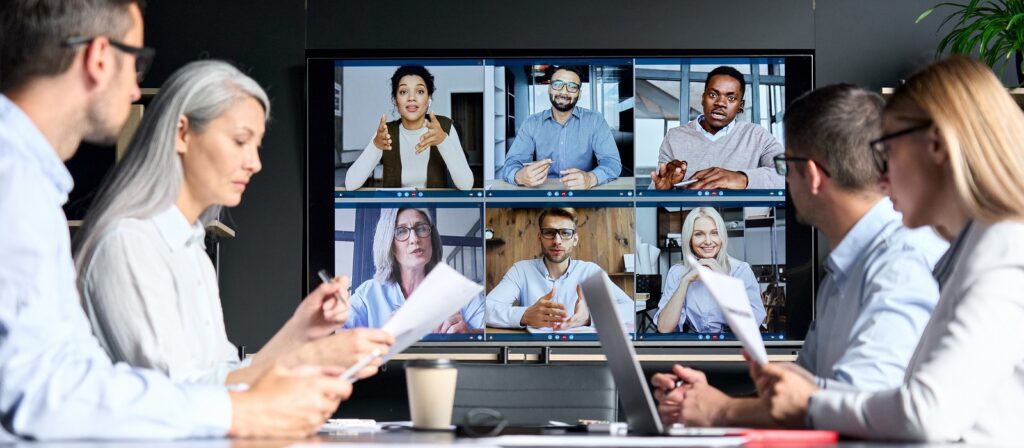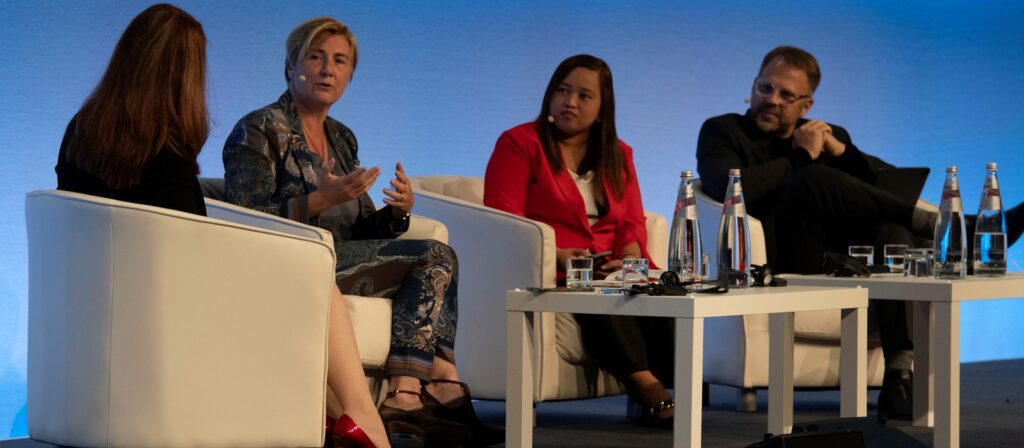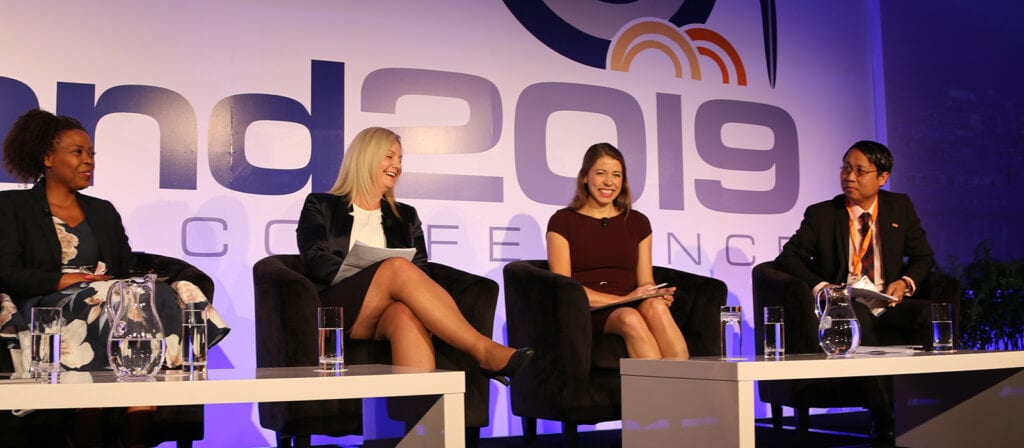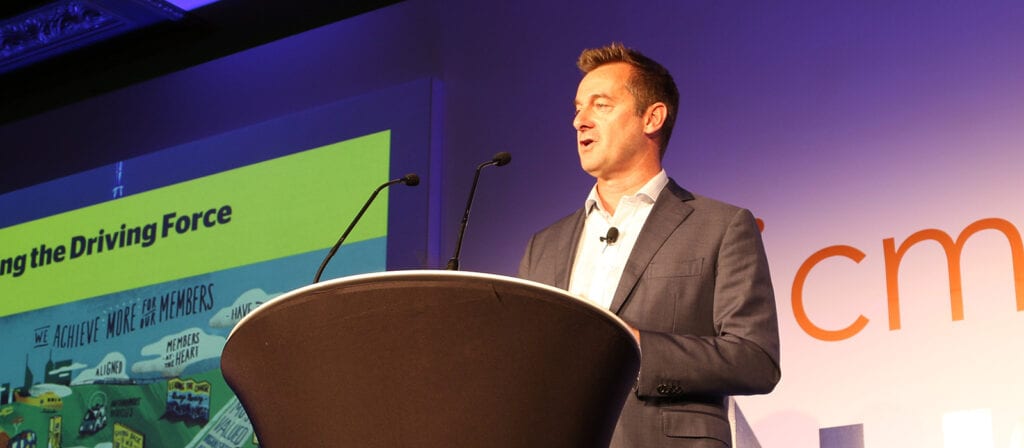After two years of the pandemic, our employees are redefining what’s important to them and making decisions accordingly. To thrive, leaders need to understand the changing preferences and expectations of employees towards work, and what this means for how they lead in the new world of work.
From a huge volume of research, EY have identified the top six workforce demands. These are balance & wellness, a creative environment, inclusivity and fairness, resources for effective work, meaningful work and learning & development opportunities. Many organisations are still stuck in the old, traditional ways of working that are very unlikely to create the environment needed to meet these demands, so it is necessary to evolve and shift to a more progressive, enabling environment.
In our organisations, do we still see work centred around the office, or is work flexible in terms of how, when and where we work? Are we still in a hierarchical, command and control type of culture, or are we flattening our structures and fostering autonomous, diverse teams to get the work done? Is engagement rigid and structured around a traditional performance cycle, or do we have more regular check-ins and feedback that allows for early course corrections on performance and much stronger focus on careers and development? Is management all about how things are delivered, like micro-managing employees’ time, or is it more focused on outputs and outcomes? To what extent are people still doing very repetitive, manual tasks versus jobs that are enabling more problem solving, creativity and connection? These shifts enable the employee experience and transform our businesses, driving better retention, attraction and motivation.
Leaders have a disproportionate impact on this evolution, so we need to double down and think about the everyday behaviours of leaders to see if they are enabling or constraining the shift to new ways of working. Based on research done by EY, leaders that have been particularly successful in enabling new ways of working are adaptive, understanding agile practices and flexing to an evolving landscape. They have digital acumen and an innovative mindset, and adopt a curious mindset to support uncovering client and colleague problems. They create an environment for candid feedback, encouraging managers to adopt the role of both a manager and a coach. They show empathy and compassion, creating an environment for vulnerability and openness. They adopt a diversity, equity and inclusion mindset to drive fairness across work profiles, creating high performing remote teams by forging connections and ways to collaborate.
In order to shift leadership to a new set of enabling behaviours, and letting go of the constraining behaviours, you need to be really clear about what those behaviours are. You need to be selective about the behaviours that are going to really matter in the context of your organization, and create a playbook that gives clear, practical examples of what those behaviours look like. Set the tone from the top, use the playbook to align and activate the leadership team and put in place behaviour change initiatives. At the same time, you need to adapt the processes, systems and structures that will reinforce and support the behaviour change rather than constrain it. Be absolutely relentless about continuously driving that behaviour change so that is slowly becomes a habit and an everyday act of positive engagement.
This presentation was delivered during the monthly ICMIF Member-to-Member Discussions for HR Directors. Please contact Mike Ashurst, Vice-President of Reinsurance and Professional Development, to find out more about the HR discussions.





